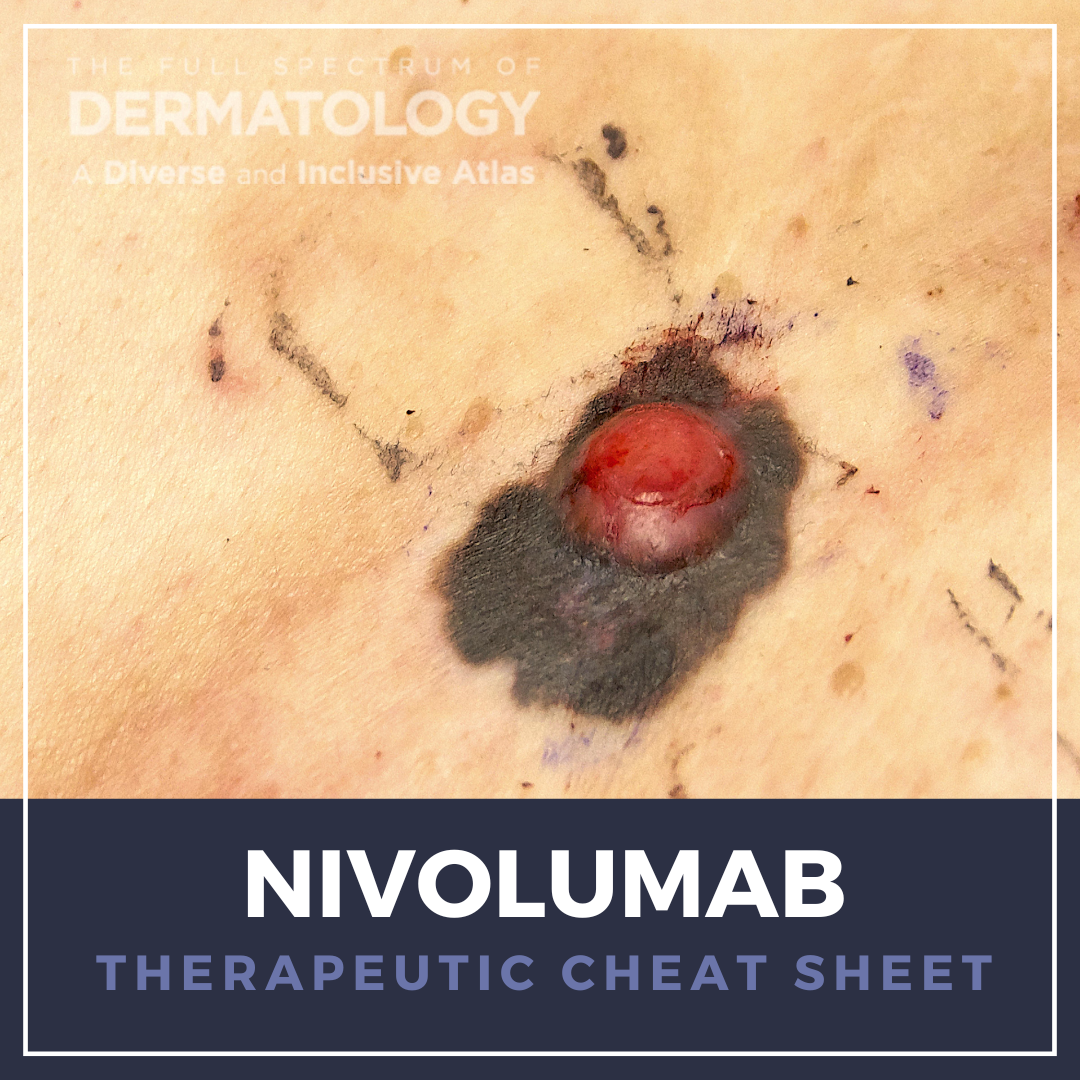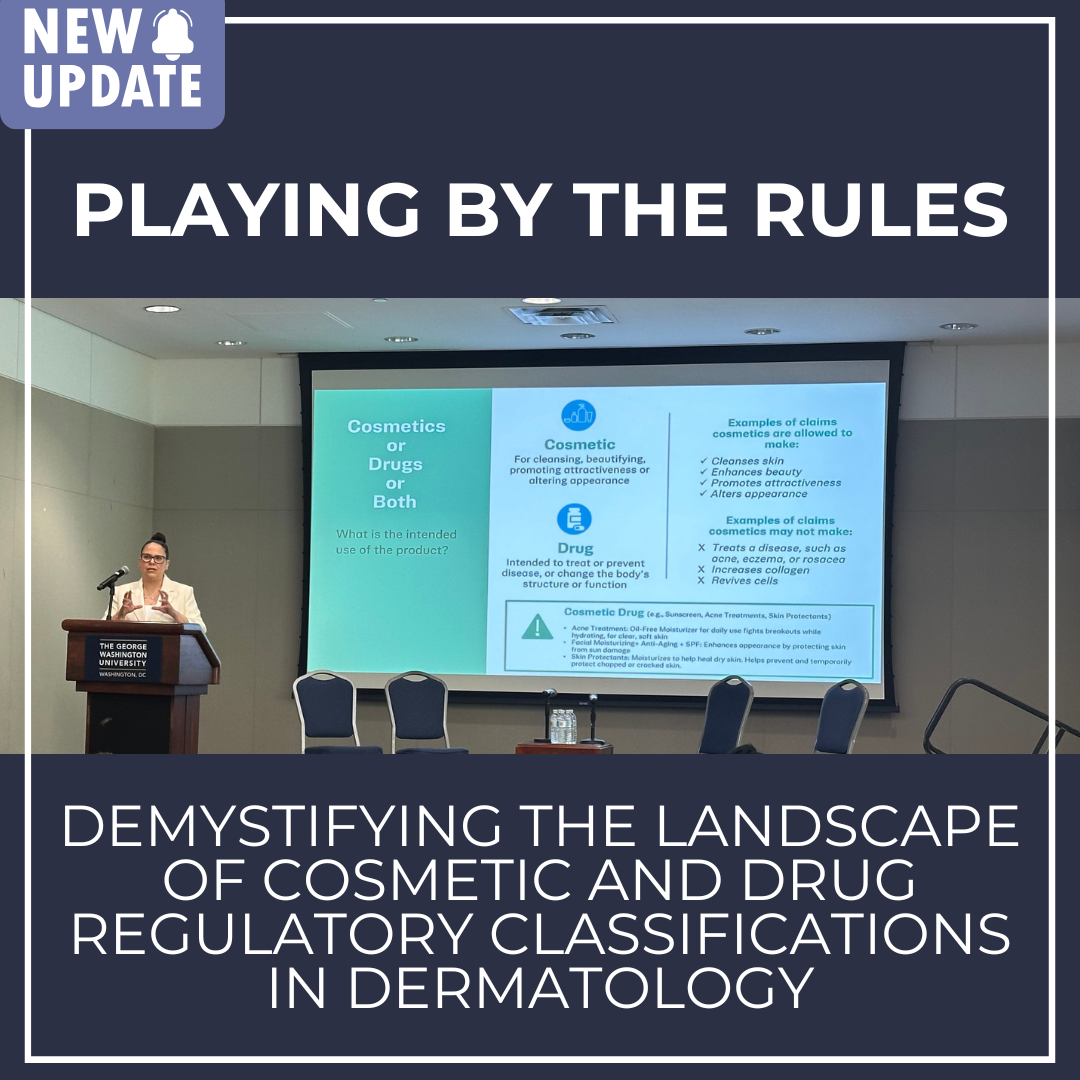From the JDD Podcast Vault | Thin Skinned: Topical Steroid Safety and Legal Landmines
 Welcome to another installment of "From the JDD Podcast Vault" series! This week, we’re digging into a truly cautionary tale with the episode: Thin Skinned: Topical Steroid Safety and Legal Landmines, hosted by Dr. Adam Friedman and featuring the ever-insightful Dr. Raj Chovatiya.
“Just put some salve on it.” Sounds harmless enough, right? But let’s pause and ask — what could possibl …
Welcome to another installment of "From the JDD Podcast Vault" series! This week, we’re digging into a truly cautionary tale with the episode: Thin Skinned: Topical Steroid Safety and Legal Landmines, hosted by Dr. Adam Friedman and featuring the ever-insightful Dr. Raj Chovatiya.
“Just put some salve on it.” Sounds harmless enough, right? But let’s pause and ask — what could possibl …
 Welcome to another installment of "From the JDD Podcast Vault" series! This week, we’re digging into a truly cautionary tale with the episode: Thin Skinned: Topical Steroid Safety and Legal Landmines, hosted by Dr. Adam Friedman and featuring the ever-insightful Dr. Raj Chovatiya.
“Just put some salve on it.” Sounds harmless enough, right? But let’s pause and ask — what could possibl …
Welcome to another installment of "From the JDD Podcast Vault" series! This week, we’re digging into a truly cautionary tale with the episode: Thin Skinned: Topical Steroid Safety and Legal Landmines, hosted by Dr. Adam Friedman and featuring the ever-insightful Dr. Raj Chovatiya.
“Just put some salve on it.” Sounds harmless enough, right? But let’s pause and ask — what could possibl … 

 Nivolumab, a programmed death-1 (PD-1) immune checkpoint inhibitor, is a cornerstone in the evolving field of immuno-oncology. Originally developed for advanced cancers, nivolumab functions by blocking PD-1–mediated immune suppression, thereby enhancing T-cell–mediated antitumor responses. In dermatology, its relevance has grown not only because of its utility in melanoma treatment and cutaneo …
Nivolumab, a programmed death-1 (PD-1) immune checkpoint inhibitor, is a cornerstone in the evolving field of immuno-oncology. Originally developed for advanced cancers, nivolumab functions by blocking PD-1–mediated immune suppression, thereby enhancing T-cell–mediated antitumor responses. In dermatology, its relevance has grown not only because of its utility in melanoma treatment and cutaneo …  The U.S. Marine Corps’ tightened shaving rules could impact its service members with pseudofolliculitis barbae (PFB), according to NBC News. Guidance issued in March says that a service member may be discharged from the Marines if PFB persists within a year while under a four-part treatment plan. Previously, Marines with PFB resistant to topical treatment were able to receive temporary or perman …
The U.S. Marine Corps’ tightened shaving rules could impact its service members with pseudofolliculitis barbae (PFB), according to NBC News. Guidance issued in March says that a service member may be discharged from the Marines if PFB persists within a year while under a four-part treatment plan. Previously, Marines with PFB resistant to topical treatment were able to receive temporary or perman …  A recent Allure article addressed pigmentary changes that can occur after an eczema flare in patients with skin of color. The resulting hyperpigmentation or hypopigmentation can be more frustrating to patients than eczema itself.
I interviewed Rebecca Vasquez, MD, FAAD, associate professor with the UT Southwestern Medical Center Department of Dermatology. Dr. Vasquez will present on the miscel …
A recent Allure article addressed pigmentary changes that can occur after an eczema flare in patients with skin of color. The resulting hyperpigmentation or hypopigmentation can be more frustrating to patients than eczema itself.
I interviewed Rebecca Vasquez, MD, FAAD, associate professor with the UT Southwestern Medical Center Department of Dermatology. Dr. Vasquez will present on the miscel …  If you have ever wondered how an ingredient progresses from the laboratory bench to the beauty aisle, or why some products make bold efficacy claims while others remain vague, the field of regulatory affairs is the answer. Acting as the bridge between product innovation and the FDA, regulatory professionals ensure that skin care products of all kinds are compliant with U.S. law. In this session at …
If you have ever wondered how an ingredient progresses from the laboratory bench to the beauty aisle, or why some products make bold efficacy claims while others remain vague, the field of regulatory affairs is the answer. Acting as the bridge between product innovation and the FDA, regulatory professionals ensure that skin care products of all kinds are compliant with U.S. law. In this session at …